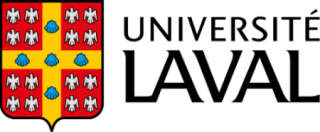How worker cooperatives deal with tensions?
Luc Audebrand is a professor at Laval University (Quebec City). His research focuses on managing tensions in worker coops and, in this paper called “Expanding the scope of paradox scholarship on social enterprise: the case for (re)introducing worker cooperatives“, he describes the main tensions in worker co-ops and ways to deal with these tensions. In his conclusions, he writes:
“This article expanded and challenged the focus of paradox scholarship on social enterprises by including worker cooperatives, an overlooked alternative organizational form at the margins of the mainstream capitalist value framework. These cooperatives are owned and controlled by their workers, who are also the primary beneficiaries of the cooperatives’ social missions. Their dual nature fuels them with the knowledge, resources and power to bring about constructive — if not radical — change in the industries and territories in which they dwell. As a unique case of social enterprise, worker cooperatives also provide a setting suited to the expansion of the study of paradoxical tensions in alternative organizations.”
Download:
About the author:
Luc Audebrand is an associate professor in the Faculty of Business Administration (FSA ULaval) at Université Laval (Québec City, Canada) and holder of a Chair in Educational Leadership in Social Engagement. He holds a PhD in business administration from HEC Montréal (Canada). His research interests include the management of paradoxes in alternative organizations, the role of volunteering and philanthropy in modern societies, the governance of alternative organizations, and the strategies for teaching about alternative to capitalism in business schools. He has published articles in various journals such as Academy of Management Learning & Education, Journal of Business Ethics, Systèmes d’information et Management and Journal of Management Education.

